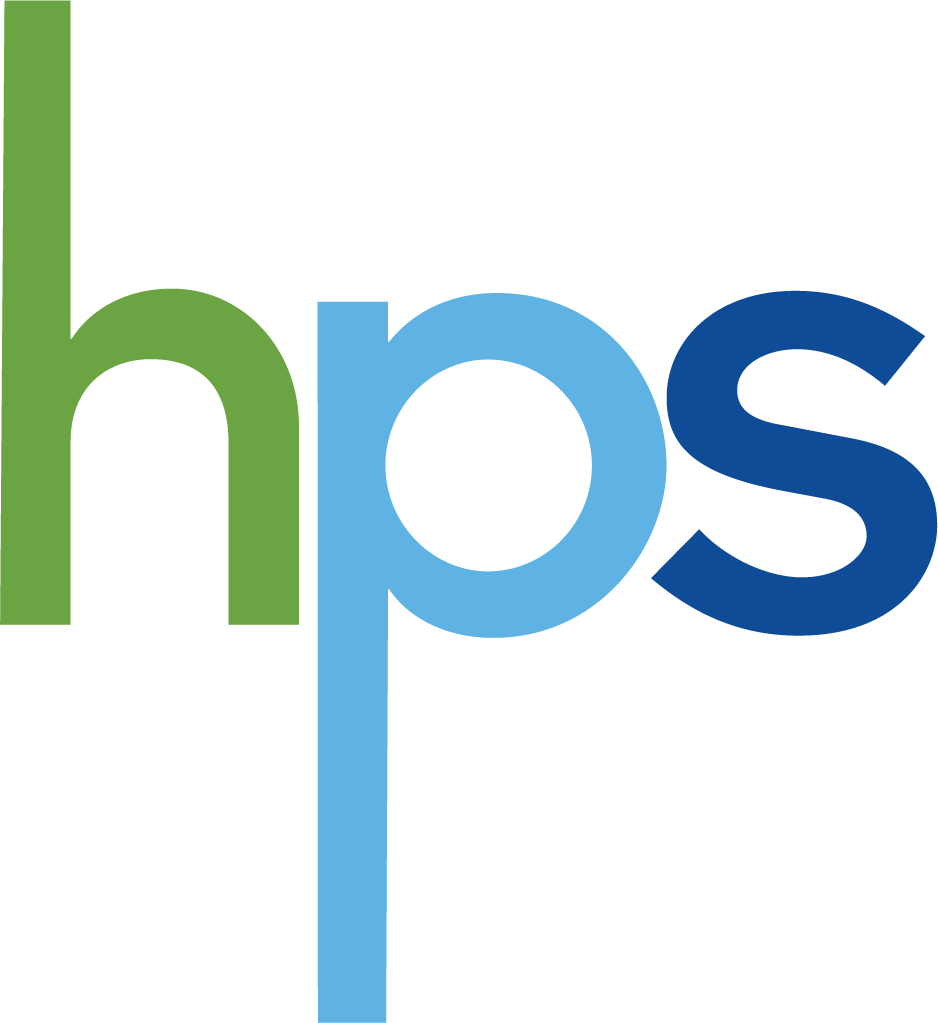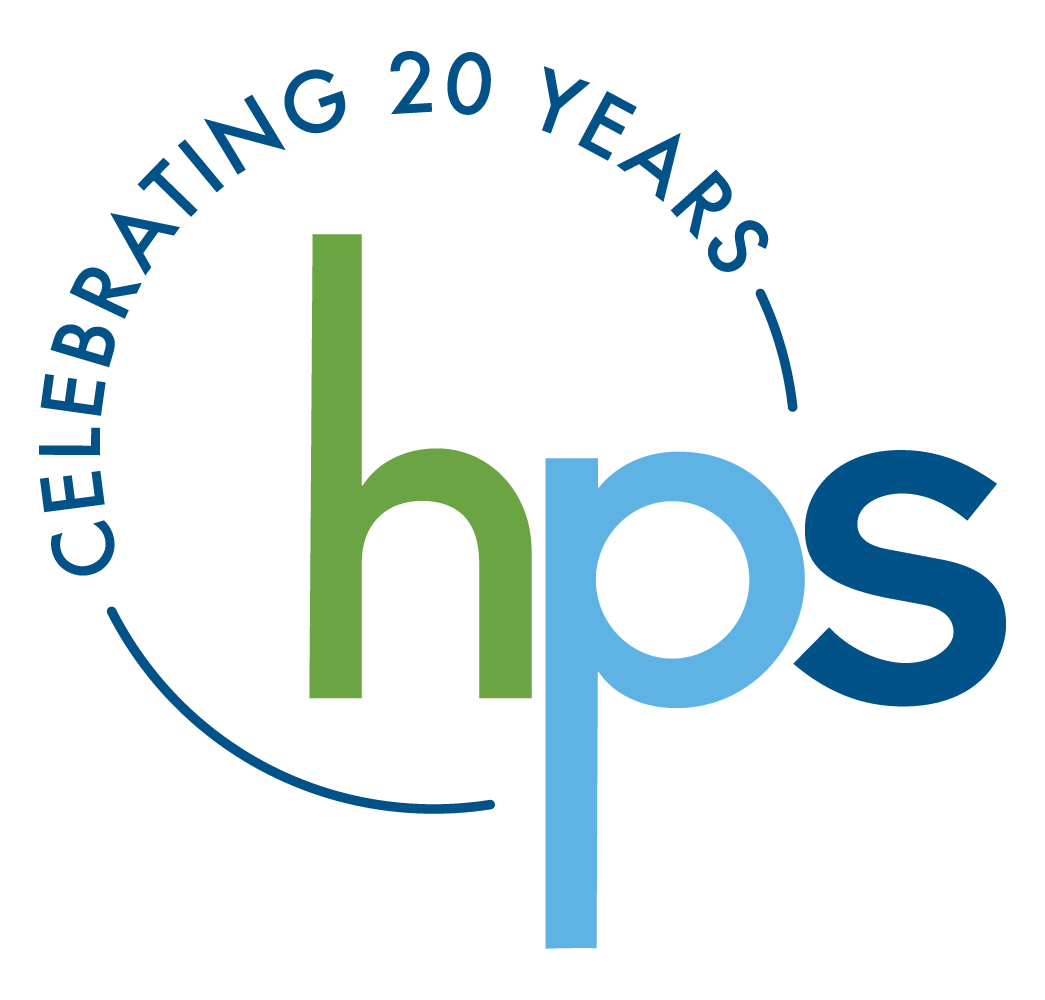Will Abortion Bans Affect Wrongful Birth and Wrongful Life Claims? Precedent Says No
Will Abortion Bans Affect Wrongful Birth and Wrongful Life Claims? Precedent Says No
December 12, 2024
By Emily Lowder
With the rise of abortion bans in the United States following the Supreme Court decision in Dobbs v. Jackson Women’s Health Organization, options to terminate pregnancies of fetuses with abnormalities resulting in severe disabilities are slim. With dwindling solutions to such pregnancies, providers may feel some relief that courts are less likely to entertain claims of wrongful life or wrongful birth. However, precedent may indicate that such relief is premature or misplaced altogether.
In Jacobs v. Theimer, the first successful wrongful birth case in the United States, the court chose not to discuss abortion “assuming that there would have been no violation of the criminal law as of 1968…the courts should not penalize them [the plaintiff parents] for the choice which these plaintiffs say that they would have made.”[1] Rather than asking the question of whether the plaintiffs had access to a legal remedy in 1968 when the injury occurred, the court agreed that the provider had a “duty to make a reasonable disclosure of that diagnosis [of Rubella], and risk of the proposed treatment in continuing the pregnancy, as would have been made by a reasonable medical practitioner under the circumstances.”[2]
In another case, the court considered the wrongful birth under the assumption that “somehow or somewhere [the plaintiff] could have obtained an abortion that would not have subjected participants to criminal sanctions…”[3] And in the dissenting opinion of a wrongful life case, the Judge said, “whether the infant…could have been legally aborted…is of no practical significance.”[4]
This issue is complex and mired with ethical and moral questions of eugenics. Some states have gone so far as to ban wrongful life and wrongful birth claims on the basis of eugenics.[5] However, in those states where wrongful life and wrongful birth claims are permitted, the mere fact that abortion may be illegal in that locality is likely not sufficient to protect a provider from liability.
If you have concerns or questions about defending against these types of claims, please reach out to an HPS attorney.
[1] Jacobs v. Theimer, 519 S.W.2d 846 (Texas 1975).
[2] Id
[3] Gleitman v. Cosgrove, 227 A.2d 689 (New Jersey 1967). See also Robak v. United States, 658 F.2d 741 (7th Cir. 1981), “Mrs. Robak could have travelled to any of the states that then permitted abortions…But for the defendant’s negligent failure to inform Mrs. Robak of her rubella and its consequences, she would have obtained an abortion…”
[4] Becker v. Schwartz, 46 N.Y.2d 401 (N.Y. 1978), dissenting opinion of Judge Wachtler.
[5] Natasha Statz-Geary, Making it Right: Preserving Wrongful Birth After Dobbs, COLUM. J.L. & SOC. PROBS., 57:1, 122 (2023-24).
Disclaimer: This publication is not intended to provide legal advice but to provide general information on legal matters. Transmission is not intended to create and receipt does not establish an attorney-client relationship. Readers should seek specific legal and/or medical advice before taking any action with respect to matters mentioned in this publication. The attorney responsible for this publication is Emily Lowder. This post constitutes a form of attorney advertising as defined by some state bar associations.



